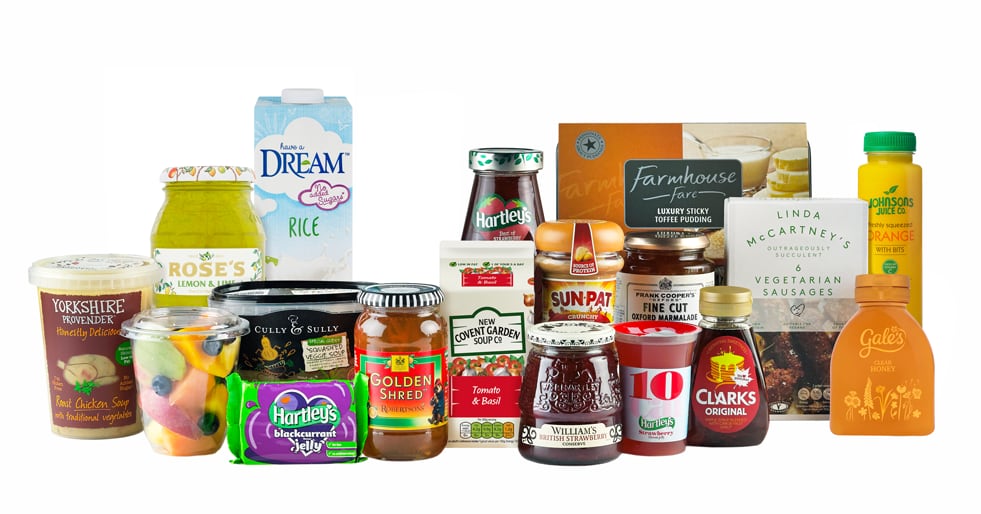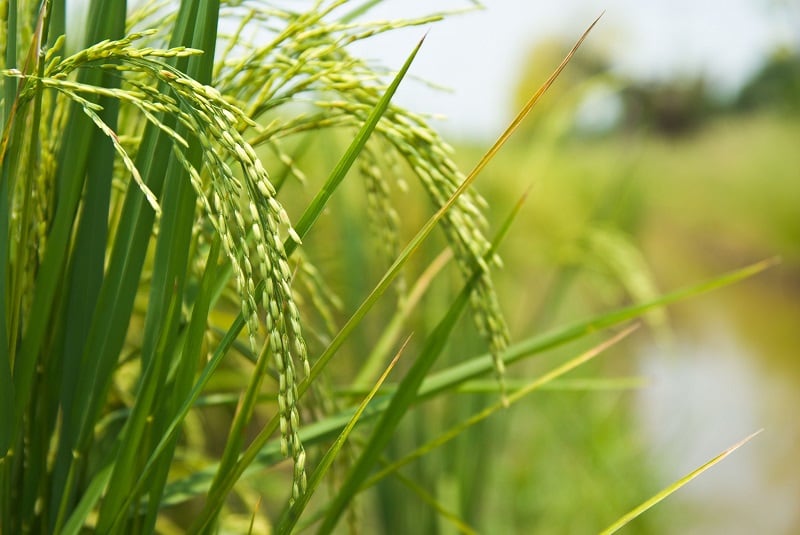The natural and organic food company – which owns Ella’s Kitchen, Hartley’s, New Covent Garden Soup Co, Orchard House, Sun-Pat and Yorkshire Provender in the UK – reported a fiscal fourth-quarter international sales decline and said it anticipated slowing growth in the second-half of fiscal 2021.
In an earnings call, Chief Executive Mark Schiller said the company expects the first half of 2021 "to be stronger on both the top line and bottom line" as the eat-at-home trends persist. But growth is expected to slow in the second half of the year.
The company’s North American net sales and adjusted EBITDA both rose in the fourth quarter by 5% and 46% respectively, but international net sales and adjusted EBITDA were both down 3%. Schiller said strong sales in North America were offset by the pandemic-led fruit business declines in the UK. He added the company saw significant declines in its food service-oriented fruit business, which makes up 20% of its international sales. “We clearly have an issue on the fruit business that we have to deal with… we had a $25 million drag from the fruit business,” he said.
Hain Celestial is in the midst of a turnaround as it looks to aggressively pare back unprofitable SKUs and brands to enhance profitability. This includes the divestiture of brands including French organic firm Danival which was sold last month. It has also recently sold Europe's Best, Casbah, and Tilda.
“We continue to have success selling or exiting small and non-strategic brands that consume a disproportionate share of management time and add supply chain complexity,” added Schiller. “Without them, we can redeploy and focus our resources on bigger growth opportunities which will further strengthen our results.”
Concerning Hain’s food service-oriented fruit business, Schiller said: “We are exploring optionality as we speak. So we recognize it's a non-core asset, it's a different skill set. It's very low margin and it has become a very significant drag on our performance that's masking some terrific performance in International and muting the overall performance for the company. So more to come on that in the future, but we are aggressively looking at options there.”
He added that fruit, along with baby food, were the sectors hardest hit by the COVID pandemic. “Mom's were making their own baby food when they were self-isolating and mashing up bananas and carrots and things that they would typically buy in a packaged good format when they're out and about and need something on the go. We've seen that category start to rebound, but we certainly have been unhappy with the results that we've had in Baby over the last five, six months.
“That said, we have a terrific brand in the UK, Ella's, which is a super-premium brand category leader. It has consistently picked up share during the pandemic, although again sales have been somewhat challenged.”



